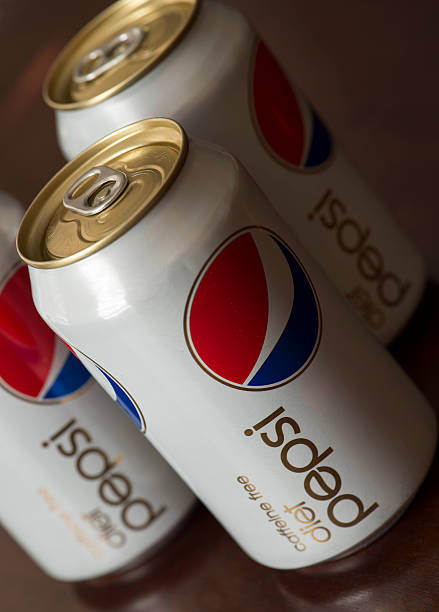Diet Pepsi is a popular brand of diet soda that has been on the market for decades. It is a zero-calorie alternative to regular Pepsi, and is marketed as a healthier option for those looking to watch their calorie intake. However, many people are unsure about the specific calorie content of Diet Pepsi. In this article, we will take a closer look at the calorie content of Diet Pepsi and what it means for your health.
First, it is important to understand that Diet Pepsi contains no calories. This means that, unlike regular Pepsi, it will not contribute to weight gain or add any unnecessary calories to your diet. This is because Diet Pepsi is sweetened with artificial sweeteners, such as aspartame, instead of sugar. These sweeteners are many times sweeter than sugar, so a smaller amount can be used to achieve the same level of sweetness. This is why Diet Pepsi is able to have zero calories.
While Diet Pepsi may be a calorie-free alternative to regular Pepsi, it is important to remember that it still contains artificial sweeteners. These sweeteners have been the subject of much debate in recent years, with some studies suggesting that they may have negative health effects. However, it is important to note that the majority of these studies have been conducted on animals and the results may not apply to humans. Additionally, the FDA has deemed artificial sweeteners safe for human consumption in limited quantities.
A 12-ounce serving of Diet Pepsi contains 0 calories. This is because it is sweetened with artificial sweeteners such as aspartame and acesulfame potassium. These sweeteners provide a sweet taste without the added calories that come from sugar. Additionally, Diet Pepsi contains caffeine, which can provide a boost of energy.
While Diet Pepsi contains 0 calories per serving, it is important to note that consuming excessive amounts of Diet Pepsi or other diet soda can still be harmful to your health. Studies have shown that excessive consumption of diet soda can lead to weight gain, an increased risk of type 2 diabetes, and other health issues.
It is also important to note that Diet Pepsi does not provide any nutritional value. Unlike fruits and vegetables, which are packed with vitamins, minerals, and other essential nutrients, Diet Pepsi does not offer any benefits to your body.
It’s also worth mentioning that diet soda has been linked to increased risk of type 2 diabetes, heart disease, stroke, and other health problems. The American Heart Association recommends limiting the amount of added sugars in your diet, including those from diet soda.
It is also important to note that Diet Pepsi, like all soda, contains caffeine. Caffeine is a stimulant that can cause increased heart rate, anxiety, and insomnia if consumed in large quantities. It is recommended that adults consume no more than 400mg of caffeine per day, which is the equivalent of about four cups of coffee. A 12 oz can of Diet Pepsi contains about 35mg of caffeine, so it is important to keep track of your caffeine intake if you are sensitive to it.
In conclusion, Diet Pepsi is a zero-calorie alternative to regular Pepsi, making it a great option for those looking to watch their calorie intake. However, it is important to remember that it still contains artificial sweeteners and caffeine, and it may increase the risk of type 2 diabetes, heart disease, stroke, and other health problems. It is always a good idea to speak with your healthcare provider before making any significant changes to your diet or exercise routine.

 Home
Home Health
Health Diet & Nutrition
Diet & Nutrition Living Well
Living Well More
More












